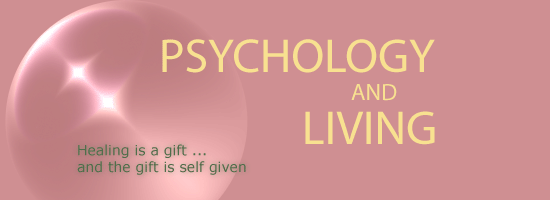
Healing An Affair
Affairs or sexual infidelities in marriages, de facto relationships and other intimate partnerships are, unfortunately, reasonably common. Important issues in relationships need skillful processes to produce satisfying outcomes. The processes, for each individual, are their skill sets in operation and many people enter into relationships not well equipped in this area. The main reason for this is that people acquire their skill sets in the families or social systems where they were raised and many of these systems are fraught with unresolved or hidden problems. For each person a skill set will tend to run unconsciously or on automatic pilot and contains beliefs, feelings, concepts, strategies and behaviours and all of this can occur in an instant.
Use of unhelpful skill sets can result in unhappiness and unmet needs which can build in individuals and trigger in unexpected and unforeseen ways. People do not usually plan to have an affair instead it is an outcome of what has been occurring within their relationship. If couples wish to achieve successful reconciliation in the wake of an affair they will need to look deeply at their own behaviours, understand how these behaviours contributed to the relationship outcomes, and be committed to learning more helpful skill sets. For an individual whose partner had an affair this is difficult to accept, it is easier to blame their partner and in the early stages these feelings need to be dealt with. However eventually, if successful reconciliation is to occur, new more helpful skill sets need to be learned by both parties. It is possible to use the learning in the wake of an affair as a catalyst to produce a far more rewarding, satisfying, and real relationship than what existed before this event. This takes time, genuine honesty, and courage - the rewards can be life changing.


